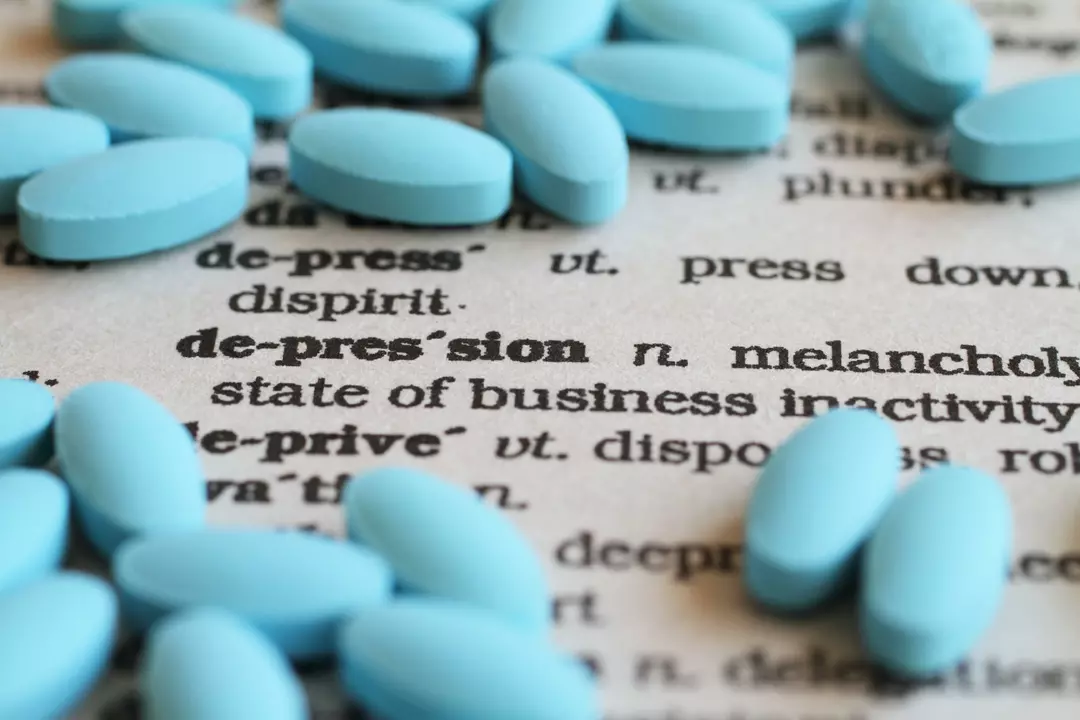Mental Health – Your Quick Guide to Mood, Treatment & Everyday Tips
Feeling down, anxious, or just confused about your mind? You’re not alone. Mental health covers everything from daily stress to serious conditions like depression and schizophrenia. This page gives you straight‑forward answers so you can understand what’s going on and find the right help.
How Genetics Shape Depression Therapy
Ever wonder why one antidepressant works for a friend but not for you? Genetic testing can explain that. By looking at your DNA, doctors match meds to how your body processes them. The article “Genetic Testing for Depression: Finding the Best Wellbutrin Alternatives Through Pharmacogenomics” shows real‑world cases where people switched from Wellbutrin to a better fit after a simple cheek swab.
Pharmacogenomics isn’t science fiction – it’s a lab test you can ask your psychiatrist about. It tells you if you’re likely to have strong side effects or little benefit from certain drugs, saving months of trial‑and‑error.
Medications You Might Hear About
If a doctor mentions Abilify, you might be curious. The “Abilify: Key Facts All Patients and Families Should Know” post breaks down how aripiprazole works for schizophrenia, bipolar disorder, and even depression. It covers dosage basics, common side effects like restlessness or weight gain, and tips for staying on track with appointments.
Another medication that pops up is clomipramine. While many people start with newer SSRIs, this older tricyclic can be a game‑changer for obsessive‑compulsive disorder. The comparison guide looks at how clomiprimine stacks against other antidepressants, pointing out its stronger impact on OCD symptoms but also higher chance of dry mouth or drowsiness.
Knowing the pros and cons helps you ask the right questions: “What should I watch for?” or “Is there a gentler option?”. Your doctor will appreciate that you’re informed.
Behavior disorders often walk hand‑in‑hand with mental health issues. The post on “The connection between behavior disorders and mental health issues” explains how anxiety, depression, and bipolar disorder can arise alongside ADHD or conduct problems. Treating both sides together—therapy for behavior plus medication for mood—leads to steadier recovery.
Practical steps you can start today? Keep a simple journal of your moods, sleep, and any side effects from meds. Share that log with your clinician at each visit – it’s the fastest way to adjust treatment.
Remember, mental health isn’t a fixed label. It shifts with life events, stress levels, and even diet. Small changes like regular walks, steady meals, and limiting caffeine can smooth out mood swings.
If any of the articles above sound useful, click through for deeper dives. Each piece is written to give you clear facts without medical jargon, so you know what’s happening inside your head and how modern science can help.
Take one step today: ask your doctor about a genetic test, review medication guides, or start that mood journal. Your brain works better when you treat it like any other part of the body – with attention, care, and the right tools.
PTSD treatment combines trauma-focused therapy and medication to help process trauma and reduce symptoms. SSRIs like sertraline and paroxetine are first-line drugs, but therapy offers longer-lasting results. Prazosin helps with nightmares, and new treatments like MDMA-assisted therapy are changing the landscape.
Intentional overdose is a leading method of suicide, especially among teens and young adults. Learn how crisis resources like 988 and Crisis Text Line can save lives-and why funding cuts threaten progress.
Learn how to manage the emotional and psychological challenges of organ rejection with practical coping strategies, support options, and professional resources.
Explore how genetic testing can help pick better alternatives to Wellbutrin by matching antidepressants to your DNA, making depression treatment more personal and effective.
Abilify (aripiprazole) is a widely prescribed antipsychotic used in the treatment of several mental health conditions, including schizophrenia, bipolar disorder, and depression. This article dives deep into how Abilify works, its real-life impact, potential side effects, and practical tips for patients and caregivers. We’ll look at dosing, monitoring, lifestyle adjustments, and the latest research, while also busting myths and sharing genuine stories about living with this medication. Stay informed, feel empowered, and gain clarity about what taking Abilify actually means.
In my research, I've found a strong link between behavior disorders and mental health issues. It appears that individuals with behavioral disorders often struggle with mental health issues like anxiety, depression, and bipolar disorder. This connection suggests that these two areas are not isolated, but rather intertwined aspects of our overall health. It's crucial that we consider this relationship when seeking treatment, as addressing both aspects can lead to a more comprehensive recovery. The tie between behavioral disorders and mental health is key to understanding and improving our holistic wellbeing.
In my recent blog post, I delved into a comprehensive comparison between Clomipramine and other antidepressants. I discovered that Clomipramine, a tricyclic antidepressant (TCA), is primarily used to treat obsessive-compulsive disorder (OCD) but also has proven effective for depression and anxiety. When compared to selective serotonin reuptake inhibitors (SSRIs) and serotonin-norepinephrine reuptake inhibitors (SNRIs), Clomipramine tends to have more side effects but can be more effective for certain individuals. It's important to consult with a healthcare professional to determine the best course of treatment. Overall, it's fascinating to see how different antidepressants can impact individuals differently, and I encourage you to read the full blog post for a more in-depth analysis.








 Medications
Medications